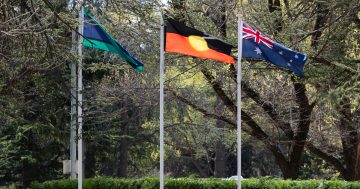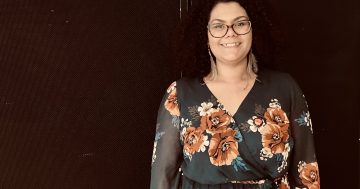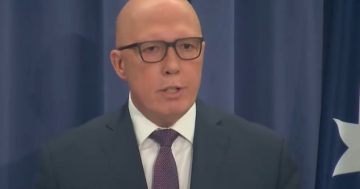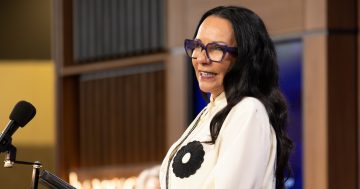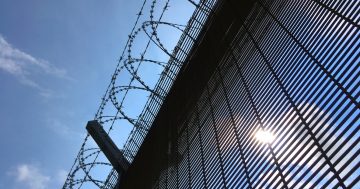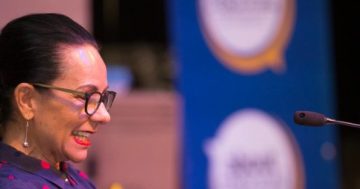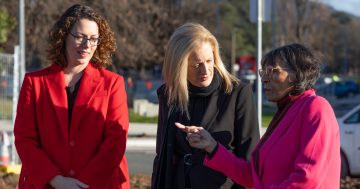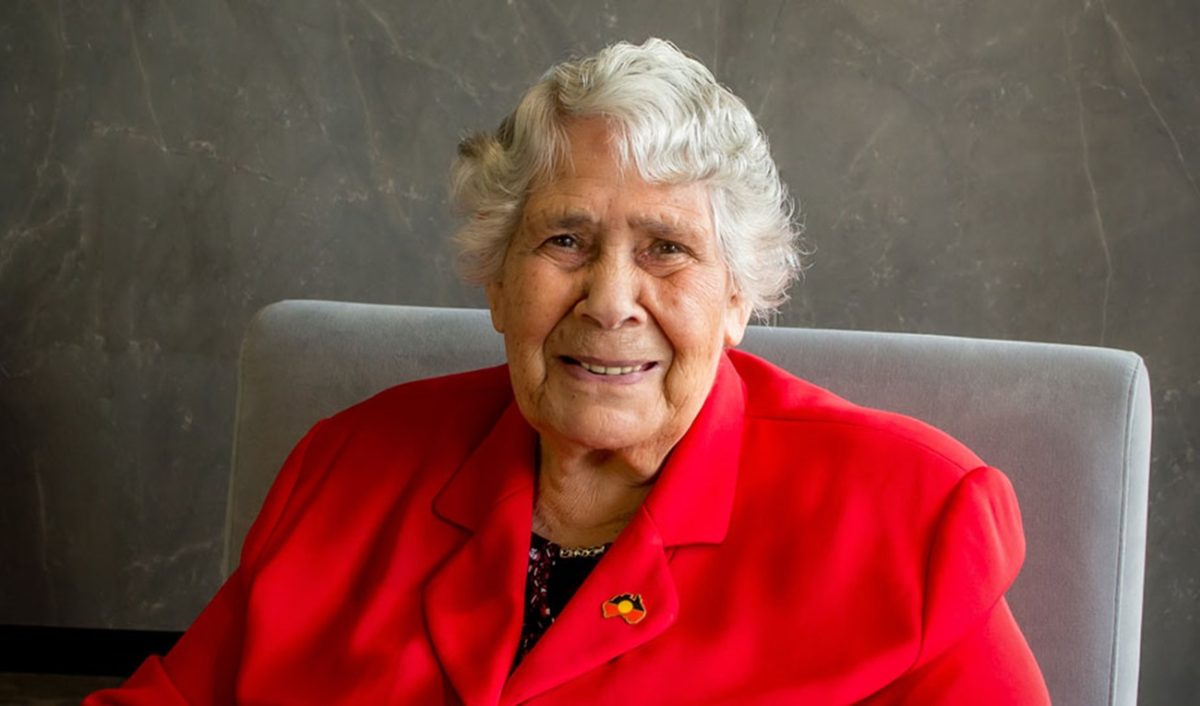
Dr Lowitja O’Donoghue AC CBE DSG died peacefully on Kaurna Country in Adelaide on Sunday. Photo: Lowitja Institute.
Warning to Aboriginal and Torres Strait Islander readers: This story contains images and references to a deceased person.
One of the most influential Aboriginal leaders of the past half century, Dr Lowitja O’Donoghue AC CBE DSG, died on Sunday aged 91.
The Yankunytjatjara elder’s death was announced by her family via the Lowitja Institute – the policy, education and research foundation which bears her name – on Sunday (4 February). It said she died peacefully on Kaurna Country in Adelaide with her family around her.
“Today we announce with great sadness and sorrow in our hearts, the passing of our dearly loved Aunty and Nana Lowitja,” a family statement reads.
“Our Aunty and Nana was the matriarch of our family, whom we have loved and looked up to our entire lives.
“We adored and admired her when we were young and have grown up full of never-ending pride as she became one of the most respected and influential Aboriginal leaders this country has ever known,” it says.
“Aunty Lowitja dedicated her entire lifetime of work to the rights, health, and wellbeing of Aboriginal and Torres Strait Islander peoples.
“We thank and honour her for all that she has done – for all the pathways she created, for all the doors she opened, for all the issues she tackled head-on, for all the tables she sat at and for all the arguments she fought and won.”
Lowitja O’Donoghue was born in August 1932 on a cattle station in South Australia to Yankunytjatjara woman Lily Yunamba and a father of Irish descent. Her father subsequently gave up Lowitja and four siblings to missionaries.
She initially worked as a nursing assistant and, in 1954, became the first Aboriginal nurse trainee in South Australia. She worked at Royal Adelaide Hospital for a decade. She later worked for the South Australian Department of Education and the Commonwealth Department of Aboriginal Affairs.
In 1976, she was awarded an Order of Australia (AM) in the Australia Day Honours list in recognition of her work improving the welfare and services to South Australia’s Aboriginal community. In 1983, she was named a Commander of the Order of the British Empire (CBE), and in 1984, she was named Australian of the Year.
In 1999, she was appointed a Companion of the Order of Australia (AC) for public service through leadership to Indigenous and non-Indigenous Australians.
In 1990 she was appointed Chairperson of the Aboriginal and Torres Strait Islander Commission (ATSIC), and in 1992 became the first Aboriginal Australian to address the United Nations General Assembly in New York as part of the UN’s International Year of Indigenous People. In her role, she lobbied the government to recognise Aboriginal land ownership through the Native Title Act.
Patron of the Lowitja Institute Pat Anderson described her as an outstanding leader and visionary whose story is one of great courage, integrity and determination.
“Lowitja was a national treasure,” Ms Anderson said.
“She lived a remarkable life and made an enormous contribution to public life in pursuit of justice and equity for Aboriginal and Torres Strait Islander people and Indigenous people across the globe.”
Minister for Indigenous Australians Linda Burney said Dr O’Donoghue was admired and respected by both sides of the House.
“Her legacy will be felt for generations to come. Maybe forever,” Ms Burney said.
“Some of the changes that she brought about, some of the battles that she was involved in, some of the issues around things like Native Title, Australian of the Year, and her own life story is the story of the truth of Australia.
“The next generation on from me and many of us young Aboriginal women at the time in the ’90s, the ’80s, looked at Lowitja and saw possibility,” she said.
Prime Minister Anthony Albanese paid tribute to Dr O’Donoghue, describing her as a figure of grace, moral clarity, and extraordinary inner strength and one of the most remarkable leaders this country has ever known.
“Dr O’Donoghue had an abiding faith in the possibility of a more united and reconciled Australia,” he said.
“It was a faith she embodied with her own unceasing efforts to improve the lives of Aboriginal and Torres Strait Islander people, and to bring about meaningful and lasting reconciliation between Indigenous and non-Indigenous Australia.
“With an unwavering instinct for justice and a profound desire to bring the country she loved closer together, Dr O’Donoghue was at the heart of some of the moments that carried Australia closer to the better future she knew was possible for us, among them the Apology to the Stolen Generation and the 1967 referendum,” he added.
“She provided courageous leadership during the Mabo debates and as chair of the Aboriginal and Torres Strait Islander Commission.
“Throughout her time in this world, Dr O’Donoghue walked tall – and her example and inspiration made us all walk taller. Now she walks in another place. Yet, thanks to all she did throughout her long and remarkable life, she will always be around us.”












